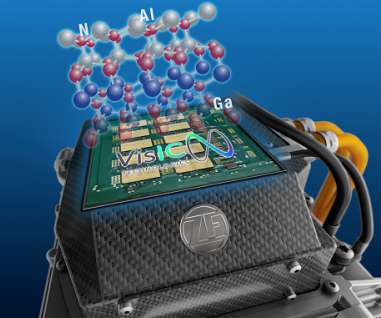Taiwan team engineers E. coli to produce n-butanol from glycerol
Green Car Congress
JULY 5, 2017
Researchers at Feng Chia University in Taiwan have engineered the bacterium Escherichia coli to produce n-butanol from crude glycerol—a byproduct of the production of biodiesel. The conversion yield and the productivity reached 87% of the theoretical yield and 0.18 g/L n-butanol from 20 g/L crude glycerol. g/L/h, respectively.













Let's personalize your content